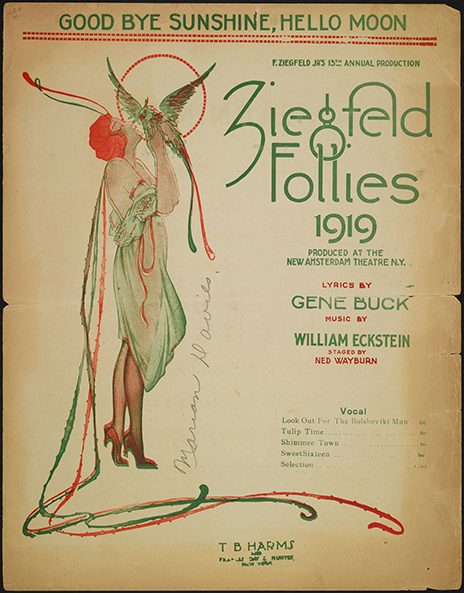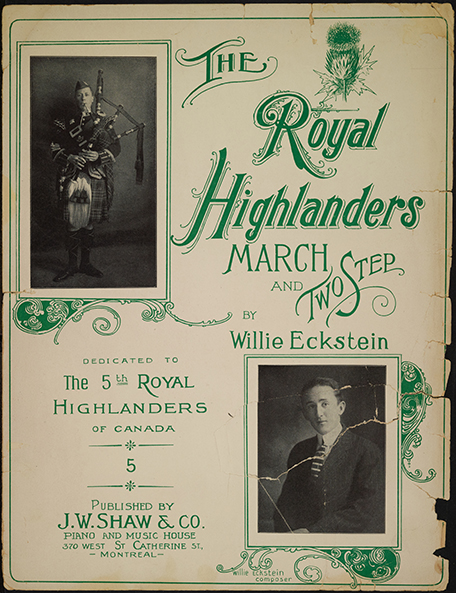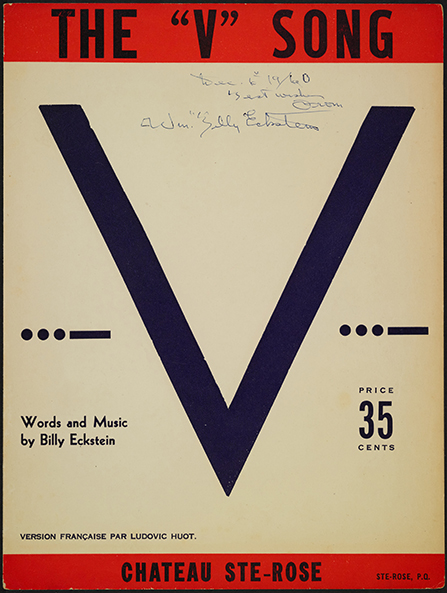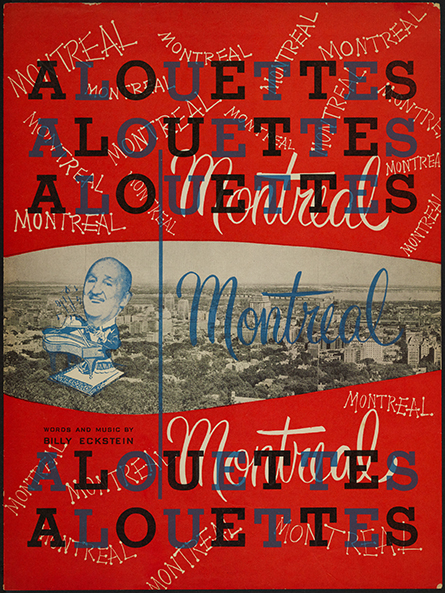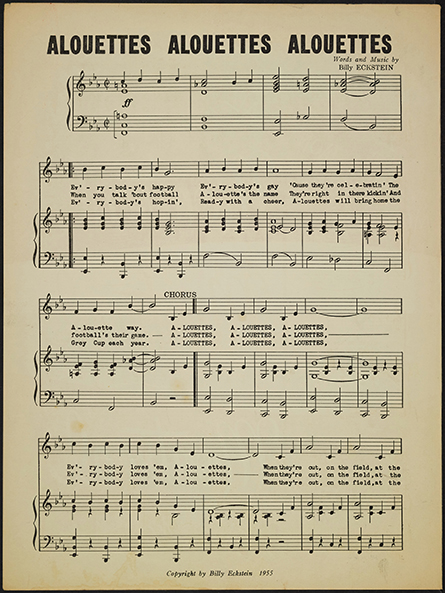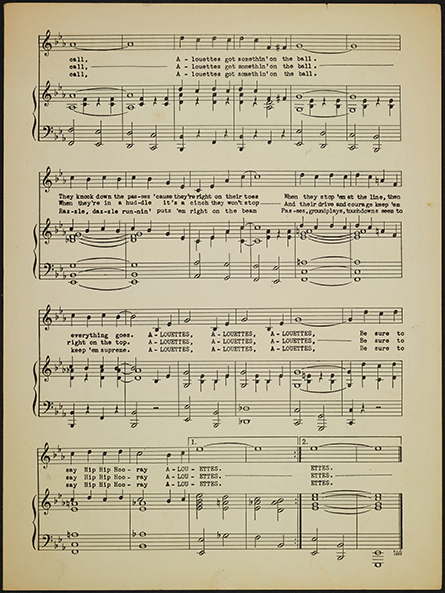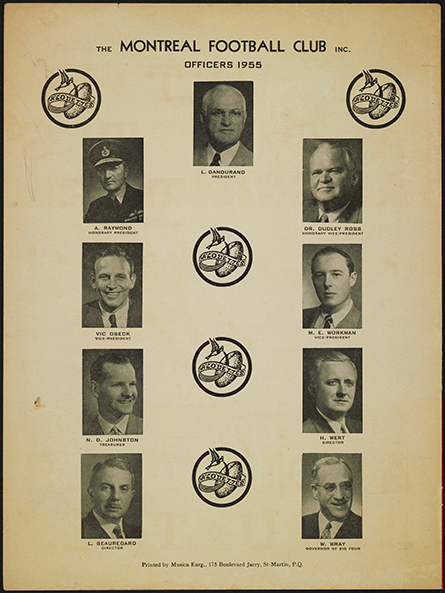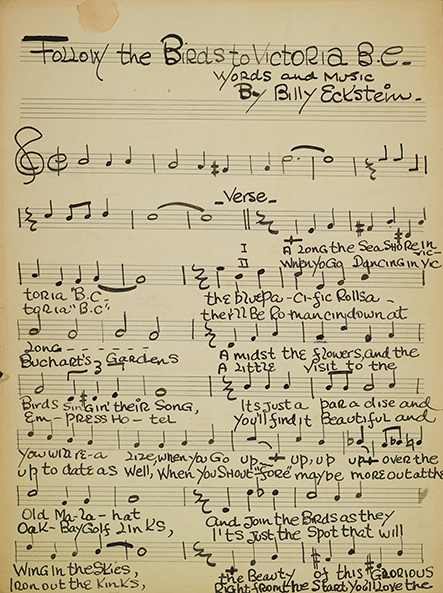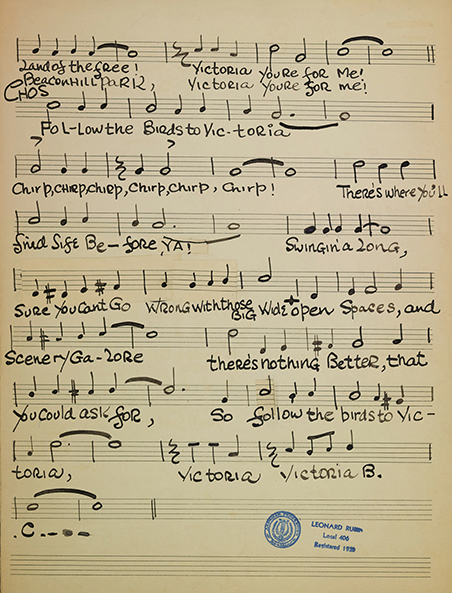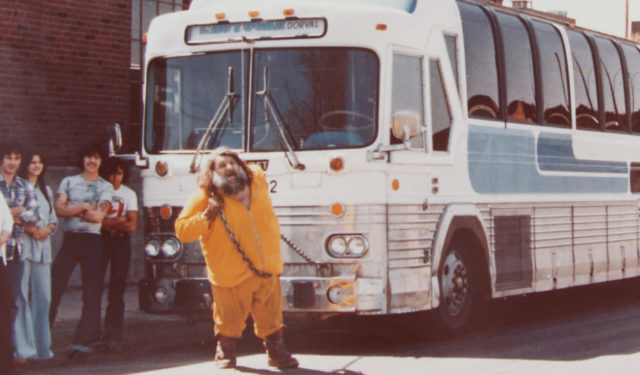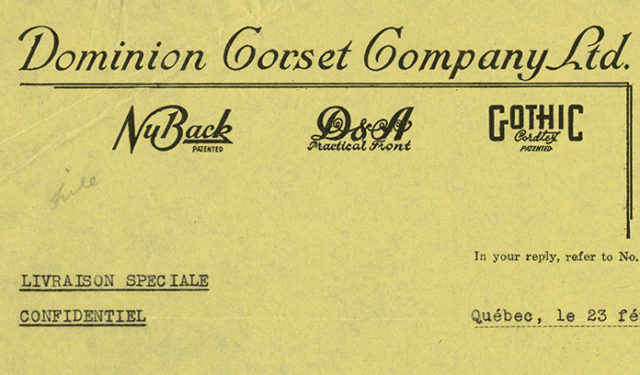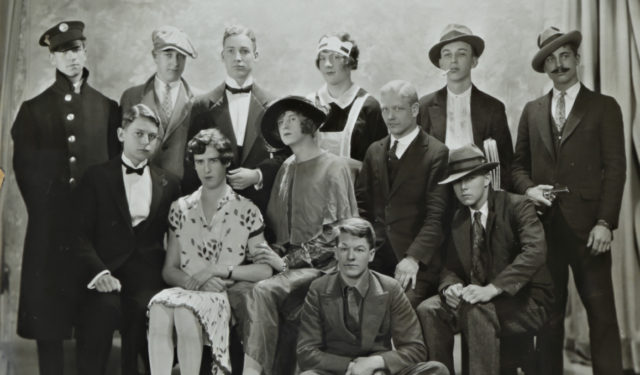Willie Eckstein
To mark International Jazz Day, the McCord Museum presents the archives of pianist and composer Willie Eckstein.
April 28, 2017
Montreal has long had a passion for jazz. For nearly a century, the city has witnessed the birth and development of numerous celebrated jazz musicians of both national and international renown like Oscar Peterson, Oliver Jones, Charles Biddle, Paul Bley and Claude Ranger. To this prestigious list must be added the name of Willie Eckstein, a prolific pianist, songwriter and composer from the early 20th century who marked the international music scene. Though he appears to have been almost forgotten today—unlike the homophonically named musician Billy Eckstine—this artist was nonetheless a major jazz pioneer in Montreal and prominent proponent of the ragtime and “novelty piano” styles.
Willie (William) Eckstein was born in Point St. Charles in 1888. Very gifted musically, he began playing public piano concerts at the age of four and received classic training. From the ages of 12 to 18, he worked as a pianist of popular music on Broadway. Eckstein entered the world of American vaudeville, touring throughout the United States, Canada and Europe. He rubbed shoulders with artists like Houdini, Nora Bayes and Jack Norworth, and performed for the greatest names in music, including Ignace Paderewski, Serge Rachmaninoff, Josef Casimir Hofmann and Vladimir de Pachmann.
After a yearlong stay in Europe to complete his musical training, he returned to Montreal in 1906 and began his career as a silent film accompanist, first at the Lyric Hall, then at the Strand Theatre. Dubbed “Mr. Fingers,” Eckstein attracted crowds and created a special atmosphere to accompany films such as The Birth of a Nation, Intolerance, and those of Charlie Chaplin. He began recording his own compositions around this time, including his first published work, Some Rag. Prohibition came into effect in the United States in 1920, prompting many New York performers to move up to Montreal. This stimulated the city’s burgeoning musical scene and the opening of numerous nightclubs and performance venues like the Outremont, the Belmont, the Rivoli, the Corona and the Granada. When silent films fell out of favour, Eckstein left the Strand Theatre in 1930 and worked as a musician in many of these venues. In the 1940s, he decided to take a steady contract at the Château Ste-Rose, a nightspot in Laval.
Throughout his career, the songwriter and composer worked with many artists, notably Harry Thomas, Beatrice Lillie (Béatrice Little), Vera Guilaroff and Robert Langlois. He also played in various groups, such as Eckstein’s Jazz Orchestra, one of the first jazz bands in Montreal and directed by his brother Jack Eckstein, the William Eckstein Trio, and the Piano Ramblers. Willie Eckstein also made regular appearances on radio and television.
In his late 60s, he began to suffer from arthritis and his health began to slowly decline. He stopped performing in public and died in 1963, at the age of 74.
Preserved in the McCord Museum, the personal archives of Willie Eckstein reveal a real character, with a strong personality and good sense of humour. They also record the pianist’s professional activities, his working relationships, his engagements and achievements, as well as his personal life, in all its uniqueness. The archives include, among other things, correspondence, agreements and contracts, posters, handbills, business cards, song lyrics, musical scores and early drafts, numerous press clippings, photographs and four extremely informative scrapbooks documenting Eckstein’s early fame and popularity.
Some of these documents will be scanned and made available online on the McCord Museum Website this spring.

